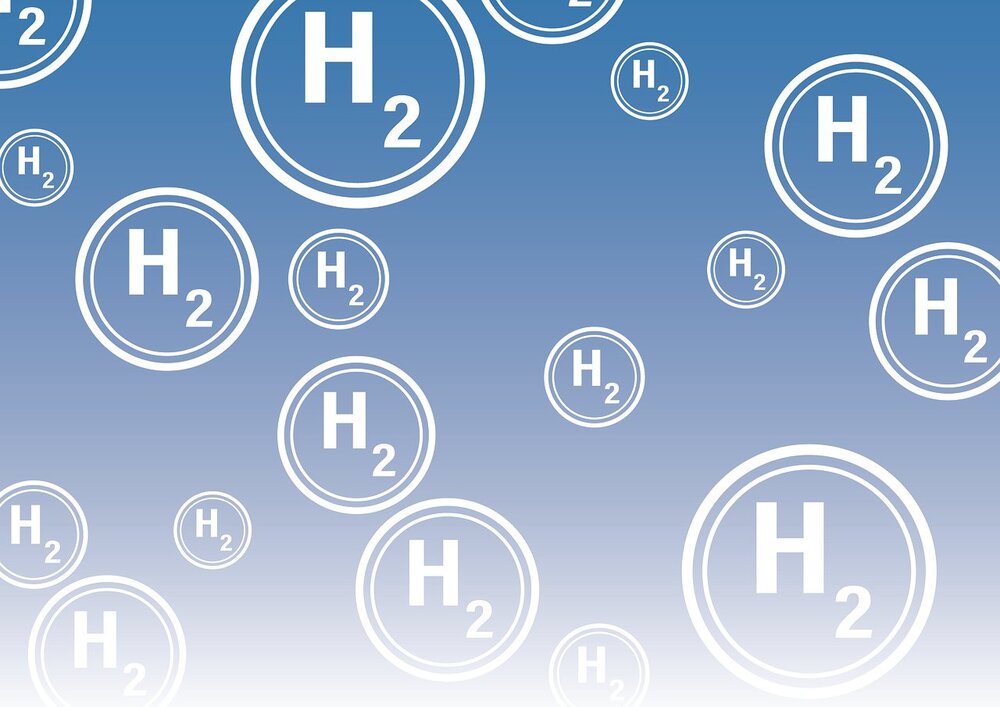At the end of August 2024, AM Green finalized its investment decision for a major green ammonia project in Kakinada, Andhra Pradesh, which aims to produce one million tons annually. The facility will utilize 1.3 gigawatts (GW) of advanced pressurized alkaline electrolyzers and is slated to begin production in the latter half of 2026. The project will be developed in two phases, with the first phase incorporating 640 megawatts (MW) dedicated to generating green hydrogen, which will then be converted into green ammonia, according to the press release.
This significant order is part of a strategic partnership between AM Green and John Cockerill, aimed at establishing a green hydrogen ecosystem across the Indian subcontinent. In conjunction with this project, the companies are also developing India’s largest electrolyzer manufacturing facility in Kakinada, with an annual capacity of 2 GW. This facility will supply the second phase of 640 MW for the Kakinada project and supports India’s green hydrogen production targets under the National Green Hydrogen Mission.
John Cockerill expressed pride in contributing to this landmark green ammonia complex. AM Green aims to boost its green ammonia capacity to 5 million tons per annum (MTPA) by 2030, a move that aligns with its net zero ambitions in both India and OECD markets. This output is expected to represent roughly 1 MTPA of green hydrogen, contributing to one-fifth of India’s green hydrogen production goals under the National Green Hydrogen Mission and 10 percent of Europe’s green hydrogen import targets.
The Kakinada facility has received CertifHy certification for compliance with EU requirements for renewable fuels of non-biological origin (RFNBO), meeting standards for additionality and renewable energy timeliness. AM Green has also secured offtake agreements with major companies for diverse green hydrogen applications.
Anil Chalamalasetty, Group Chairman of AM Green, noted that the partnership with John Cockerill is a crucial advancement in establishing a strong green hydrogen ecosystem in India. He emphasized the collaboration’s potential to position India as a leading export hub for competitively priced green molecules that meet stringent EU standards.
François Michel, CEO of John Cockerill, highlighted the importance of large-scale technological solutions for decarbonizing the economy, particularly through green hydrogen. He described this order as a significant milestone for the company’s hydrogen business and reaffirmed its commitment to India’s sustainable future through this partnership.
Vivek Bhide, President India at John Cockerill, stated that the company is expanding its footprint in India to tap into the growing local market, especially within the steel and hydrogen sectors. He acknowledged the support from the Indian government and expressed intent to play a vital role in advancing a greener energy landscape.
Rely, a joint venture between John Cockerill and Technip Energies, will oversee engineering, procurement, construction management, and commissioning services for the facility.
As part of its global strategy to foster local green hydrogen ecosystems, John Cockerill has leveraged public support in India and the USA for establishing electrolyzer production sites, along with technology development initiatives in Belgium and France. The company also extended gratitude to Credendo for its ongoing support, which may enable the project to benefit from favorable conditions under the Credendo Green Package.





